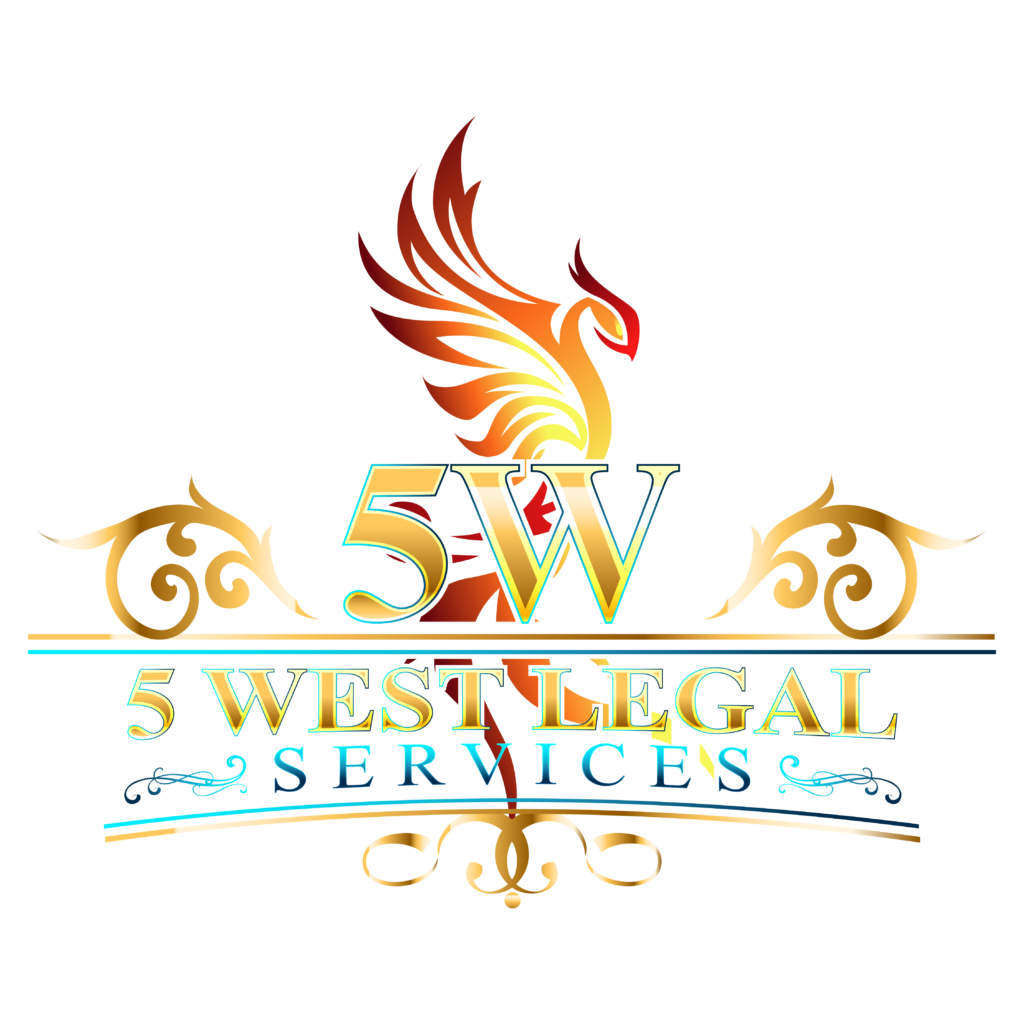Many people come to us curious (or confused) about trusts and taxes. So, today’s article is going to sort it out and clarify things for you.
There are two types of trusts, and each have different tax consequences.
Revocable trusts, which are the far more commonly used trusts, have no tax consequences whatsoever. A revocable trust has your social security number as it’s tax identifier and is not a separate entity from you for tax purposes. It is a separate entity from you for purposes of probate, meaning if you become incapacitated or die your Trustee can take over without a court order, keeping your family out of court. But, until your death, it’s treated as invisible from a tax perspective. At the time of your death, if your revocable trust provides for the creation of irrevocable trusts, then the tax implications will shift.
When you have an irrevocable trust, either created during life, at death through a revocable living trust, or through a will that creates a trust, that trust has its own EIN, or employer identification number (also called a TIN or taxpayer identification number). Generally, it pays income taxes on income earned by the trust, as if it’s a separate tax paying entity.
Trust income is taxed at the highest tax bracket applicable to individuals as soon as there is over $12,950 of income, so in some cases a trust can be drafted to provide that the tax consequences pass through to the beneficiary and are taxes at his or her rates. We will often do this when creating a Lifetime Asset Protection Trust for a beneficiary, so that the trust can provide the benefits of credit protection from lawsuits, divorce, or even bankruptcy, but not have the negative tax consequence of the highest tax rates on very little income.
Of course, if you have a trust, and you want us to review it for the income tax consequences to your loved ones after your death, please contact us.
Now, let’s talk about estate taxes. Currently, if you die with assets over $11.58M, then your estate will be subject to estate tax on all amounts over that $11.58M at the rate of 40%. Yep, 40% will go to the government. You can mitigate these taxes, or even eliminate them by using various planning methods, most of which are fairly complex, but worth it if you can save your family that 40% estate tax.
Disclaimer: The content provided on this website by 5 West Legal Services, PLLC, is for informational purposes only and is not intended to constitute legal advice. For personalized legal advice related to your specific situation, it is essential to consult with a qualified attorney. Please be aware that viewing this website, downloading content, using forms, tips, or information kits, or any other form of interaction with this site, does not create an attorney-client relationship. Such a relationship can only be established through a fully-executed, written agreement. Additionally, it’s important to note that client testimonials or endorsements found on this website do not guarantee or predict the outcome of your legal matters. We are committed to ensuring the accessibility of our website to individuals with disabilities and strive to provide an inclusive online experience. Thank you for visiting our website. Your use of this site indicates your acceptance of these terms.
